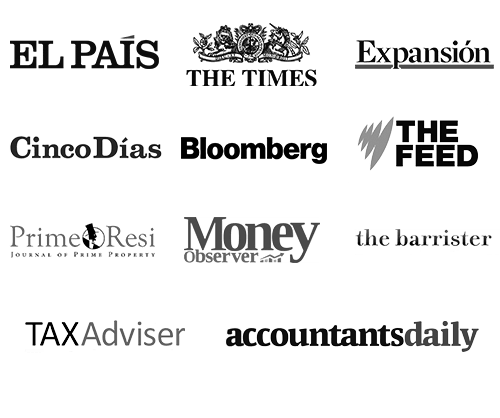Many call for a quick and achievable resolution for defamations.
It is not hard to imagine that at this very moment a person, hopefully, neither you nor I, is being defamed on the internet. Turn on with a single click. The screen of any terminal is illuminated and the right to honor remains in the dark, disconnected.
In the apparent “anything goes” attitude in the cyberspace, not everything should “go”. The binary code of lies and falsities infect the web and is full of tangles, although there is legislation and resourced to protect the right to self-image or personal portrayal, the reality has proven that this legislation is not efficient. Social networks and digital media burst on the journalism scene at great speed, without submitting to its deontological code, and the sluggishness of our Justice system is causing it to lose sight of it.
The legislation has been adapting too slowly to the written press, broadcasting and TV, but the liquid reality of the Internet has slipped through our fingers. This, together with the lack of means in our courts, has created a true legal limbo where too many agents are at ease.
“Defamation is free” is the unwritten #Hashtag in the media, there is little to be done for the victim in the fight against defamation. It happens in Spain but it is a much wider, global issue.
In Spain the legal protection against this type of crime or offense is impracticable and even if the new Attorney General of the State, Julian Sanchez Melgar, seems to worry about this behaviour that directly enters public defamation”, without a suitable legal strategy or budget for our justice, there is no real possible solution.
For example, a case of defamation in networks that we carry in the office against the defamer and an important social network, which serves as support for its contents. Thus, and despite having filed the relevant legal actions in December, finding ourselves in the month of March we have not even been cited. While the defamatory content continues to circulate throughout the network. The situation is frustrating because of the impossibility of finding legal tools that could protect the victim effectively and efficiently.
The attempts of extrajudicial resolution in Spain do not give a much better result. Using the internal protocols of these social networks to report situations of harassment or defamation only guarantees a series of automated responses from the network itself, whose character is clearly dissuasive. Only with a judgment or judicial decision can one effectively proceed so that these networks eliminate the defamatory content.
So we ask ourselves, what are the main social networks doing to help these victims of harassment and defamation? For the moment being, they are denying, in the majority of these cases of ordinary citizens, to eliminate the lies and falsehoods that circulate in posts or tweets. The Americans Twitter, YouTube, Instagram or Facebook are (dis) located in a kind of jurisdictional limbo, with a weak presence in Ireland for European affairs. It is a situation that worries and that the Internet & Jurisdiction Policy Network denounces among other organizations.
Social networks have an effective presence in all countries but they seem to remain above national jurisdictions. The reality is that there are many advertising revenues derived from the millions of clicks that each country gives them, and even if only for that element, they should subject their services to the laws of each State. That is why European countries, as has already been done in tax matters or personal data protection, have to make a common front and demand that these operators adapt to the Consumer Law to manage relations with their users and users. Just yesterday, the European Commission has proposed clearer “notification and action” procedures to facilitate the removal of illegal content on networks, but this is still far from what is needed in terms of defamation and harassment.
There are many voices that call for a system of resolution -judicial or extrajudicial- of fast and affordable conflicts to which Internet operators are obliged in each country. But this clamor will only be substantiated when the EU gives another turn of the screw to these supranational agents who seem to live in the wild west. Definitely, the world wide web can not remain a wild wild web.
The legislation should never be irrelevant and the national jurisdiction should become the only antivirus against the “anything goes” law. Otherwise, every time we see the screen of our computer, tablet or mobile device light up, we will feel the vertigo of the lack of protection, the fear of an attack on our honor, without honor.
Leon Fernando Del Canto is a lawyer in Spain and a Barrister in the UK.




